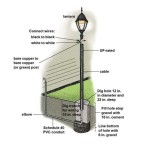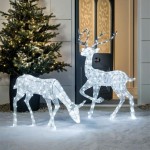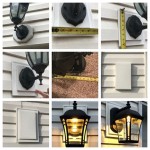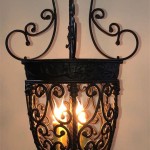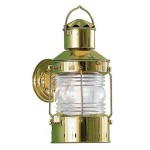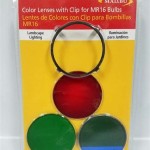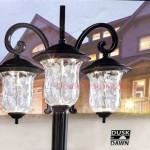Essential Aspects of Photography Outdoor Lighting Equipment
Mastering the art of outdoor photography requires a comprehensive understanding of lighting equipment. Natural light, while crucial, can be unpredictable and challenging to control. This is where dedicated outdoor lighting equipment comes into play, empowering photographers to shape and enhance the light according to their creative vision.
### Types of Outdoor Lighting Equipment1. Continuous Lighting:
Constant-emitting lights provide continuous illumination, allowing photographers to observe the subject clearly while adjusting the exposure and composition. Examples include LED panels, fluorescent tubes, and HMI lights.
2. Flash Lighting:
Flash units emit a burst of high-intensity light at specific moments, freezing motion, filling in shadows, and creating specific lighting effects. Speedlights, strobes, and ring flashes fall under this category.
### Choosing the Right Lighting Kit1. Purpose:
Determine the primary purpose of using the lighting equipment - whether for portraiture, landscape photography, or event coverage. Different lighting kits are designed for specific applications.
2. Power:
Consider the light output (measured in watt-seconds or lumens) required for the intended shooting conditions. Higher-powered lights enable wider apertures and faster shutter speeds, while weaker lights may limit creative options.
3. Portability:
For on-location photography, portability becomes a key factor. Choose lighting kits that are lightweight, easy to assemble, and compact to carry.
4. Accessories:
Accessories such as reflectors, diffusers, and modifiers can significantly alter the quality and direction of light. Choose kits that include a range of accessories to facilitate creative lighting scenarios.
### Planning and Using Outdoor Lighting1. Understanding Natural Light:
Observe the ambient light conditions and how they change throughout the day. Natural light can provide beautiful and dramatic effects, but it's important to anticipate its variations.
2. Creating Shadow and Contrast:
Lighting equipment allows photographers to control shadows and contrast, shaping the mood and atmosphere of the image. Utilize reflectors to fill in shadows, and use diffusers to soften harsh direct sunlight.
3. Balancing Ambient and Artificial Light:
In mixed lighting situations, it's crucial to balance ambient light with artificial lighting. Use gels or color filters to match the color temperature of the two light sources, creating a seamless illumination.
### ConclusionPhotography outdoor lighting equipment empowers photographers to transcend the limitations of natural light, shaping and enhancing their creative vision. By carefully selecting the right equipment and understanding the fundamentals of outdoor lighting, photographers can unlock a world of possibilities, capturing stunning images that convey the desired atmosphere, mood, and story.

8 Invaluable Tools For Outdoor Photographers On A Sunny Day B H Explora

Photography And Lighting Equipment For Bloggers Sarah Hearts

Lighting For Outdoor Photo And B H Explora

Buy Whole China Outdoor Photography Lighting Equipment With Compact Structure Photo Studio Kits Global Sources

Lighting For Outdoor Photo And B H Explora

Thinsont Lamp Fitting Lighting Accessories Universal Indoor Outdoor Use Photography Equipment Led Light Filling Lights Com

18 Types Of Photography Lighting Equipment You Need To Know

Andoer Photography Studio Softbox Lighting Tent Kit Photo Equipment 2 135w Bulb Light Stand 1 60cm 5in1 Reflector Carrying Bag For Portrait Wedding Com

Bi Color Led Light Gvm 100w Photography Lighting With Bowens Mount App Control System Lantern Softbox Kit For Outdoor Studio Dimmable 3200k 5600k Cri 97 Newegg Com

Portable Lighting Kits For Wedding And Event Photography B H Explora
